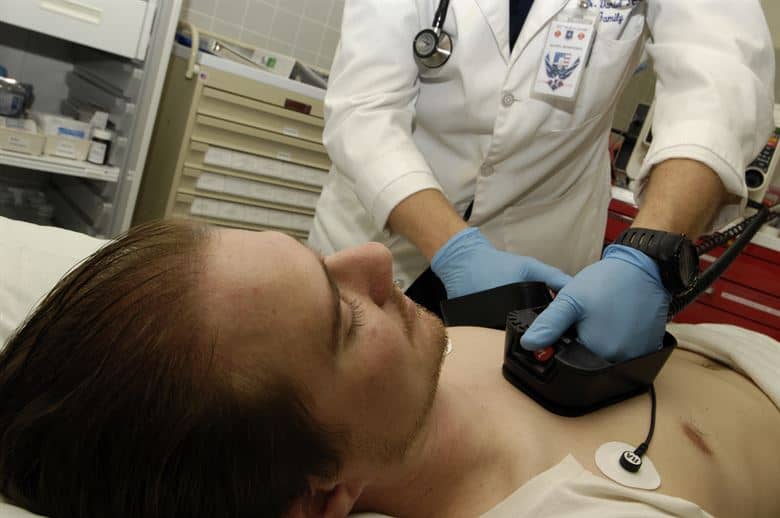London [U.K.]: Turns out, obesity among other risks play a large role in sudden cardiac arrests among the young.
According to a Cedars-Sinai study, obesity and other common cardiovascular risk factors may play a greater role in sudden cardiac arrest among younger people than previously recognised, underscoring the importance of earlier screening.
While sports activity often garners attention in cases of sudden cardiac arrest in younger patients, it was cited only in a small percentage of those aged between 5 and 34 in the study, according to a previous study.
Instead, investigators found an unexpectedly high prevalence of standard cardiovascular risk factors among the young who suffered from sudden cardiac arrest, a disorder that can cause instantaneous death.
Combinations of obesity, hypertension, high cholesterol, diabetes and smoking were found in nearly 60 percent of cases studied.
The findings shed light on a public health problem among the young that has remained largely unsolved.
“One of the revelations of this study is that risk factors such as obesity may play a much larger role for the young who die from sudden cardiac arrest than previously known,” said Sumeet S.
Chugh, the lead researcher for the study.
Chugh suggested extending prevention efforts to routine preventive visits for children and young adults.
“The added benefit of such screenings is that early efforts to reduce cardiovascular risk are known to translate into the reduction of adult cardiovascular disease,” he further said.
Chugh headed the comprehensive, 16-hospital, multiyear assessment of cardiac deaths in the Portland metropolitan area, home to 1 million people.
Data collected in the study provided Chugh and his team with unique, community-based information to mine for answers to what causes sudden cardiac arrest.
Although “sudden cardiac arrest” and “heart attack” often are used interchangeably, the terms are not synonymous.
A sudden cardiac arrest is the result of the defective electrical activity of the heart. Patients may have little or no warning, and the disorder usually causes instantaneous death. A heart attack–myocardial infarction–typically is caused by clogged coronary arteries that reduce blood flow to the heart muscle.
The findings come from Oregon Sudden Unexpected Death Study and further developed by Cedars-Sinai Medical Center.
ANI

